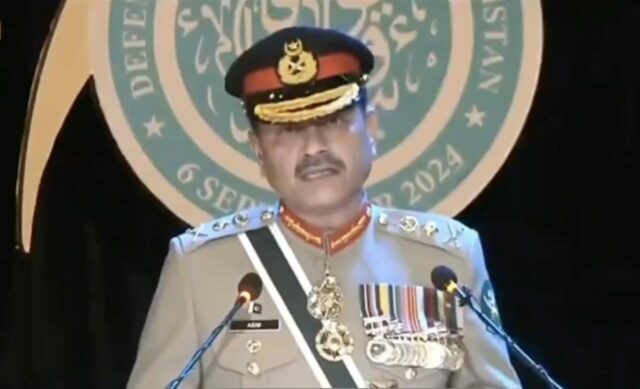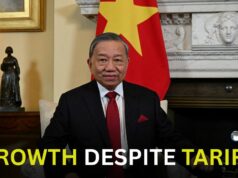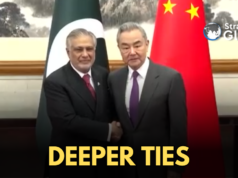Pakistan Admits Kargil Infiltration
A quarter century after the event, Pakistan’s Army chief General Asim Munir has publicly acknowledged something the whole world knew anyway. The Pakistan Army initiated the infiltration which led to the Kargil War in 1999. He was addressing an event on Pakistan’s Defence Day on Friday. General Asim Munir mentioned Kargil along with the three other wars with India. He was paying homage to what he termed the sacrifices of soldiers of the Pakistan Armed forces. He said, “Pakistani is a community of braves which understands the importance of freedom and how to pay for it. Be it 1948, 1965, 1971, or the Kargil war of 1999, thousands of soldiers sacrificed their lives for the country and Islam.”
Musharraf’s Perfidy
In March 1999, Pakistan Army Chief General Pervez Musharraf ordered the secret infiltration of his forces into the high reaches of Kargil in Ladakh. Occupying the ridges gave Pakistan the ability to overlook and target the crucial Srinagar-Leh Highway (NH 1) which cuts through Kargil. The further goal was to cut off Leh and the Siachen glacier.
Operation Vijay
When the intrusion was finally discovered in May 1999, the Atal Bihari Vajpayee government launched operation Vijay to push out the intruders, who had by then dug in on higher ground. This was the first war between the two countries after they became nuclear powers a year earlier. That led to international pressure mostly on India to avoid opening another front and provoking a nuclear conflagration.
Prime Minister Vajpayee, who headed a caretaker government at the time after having lost a no-confidence motion by a single vote on April 17, decided India would not cross the Line of Control. Grappling against incredibly difficult terrain, Indian soldiers, backed by the Bofors field gun and support from the Indian Air Force, started reclaiming the region inch by inch.
Clinton Reads Nawaz The Riot Act
On July 4th, U.S. President Bill Clinton summoned Pakistan’s Prime Minister Nawaz Sharif to Washington and read him the riot act. Clinton forced Sharif to immediately withdraw his forces or face America’s wrath. The Pakistan PM denied any knowledge of the operation. But he called Musharraf and asked him to cease and desist. The Pakistan forces, already wilting from the massive Indian offensive despite having the major strategic advantage of higher ground, started withdrawing. And India was finally able to reclaim the heights of Kargil by July 26, 1999. India lost over 500 soldiers, while around 1500 were wounded.
Pakistan’s Denial
However, despite the overwhelming evidence, the Pakistan Army staunchly denied that it was involved in the war. It even refused to take back the bodies of its own soldiers. That saw Indian forces burying them with the religious rites needed. Domestically, the Pakistani narrative was that a handful of their paramilitary bravely faced India’s full military might without fear. But officially, the military described the infiltrators as “Kashmiri freedom fighters” or “mujahidin.” Pakistan forces were only “actively patrolling” the border while “tribal leaders” occupied the heights during the war, they said.
Sharif tried to remove Musharraf after his return from Washington. But in October 1999, Sharif was ousted in a bloodless coup by Musharraf.
…Till Now
Now, finally, after a quarter century, Pakistan has knowingly or unintentionally finally admitted its forces were behind the Kargil infiltration. But, whether it brings closure to the families of soldiers whose bodies they refused to take back is another matter.
In a career spanning three decades and counting, Ramananda (Ram to his friends) has been the foreign editor of The Telegraph, Outlook Magazine and the New Indian Express. He helped set up rediff.com’s editorial operations in San Jose and New York, helmed sify.com, and was the founder editor of India.com.
His work has featured in national and international publications like the Al Jazeera Centre for Studies, Global Times and Ashahi Shimbun. But his one constant over all these years, he says, has been the attempt to understand rising India’s place in the world.
He can rustle up a mean salad, his oil-less pepper chicken is to die for, and all it takes is some beer and rhythm and blues to rock his soul.
Talk to him about foreign and strategic affairs, media, South Asia, China, and of course India.





